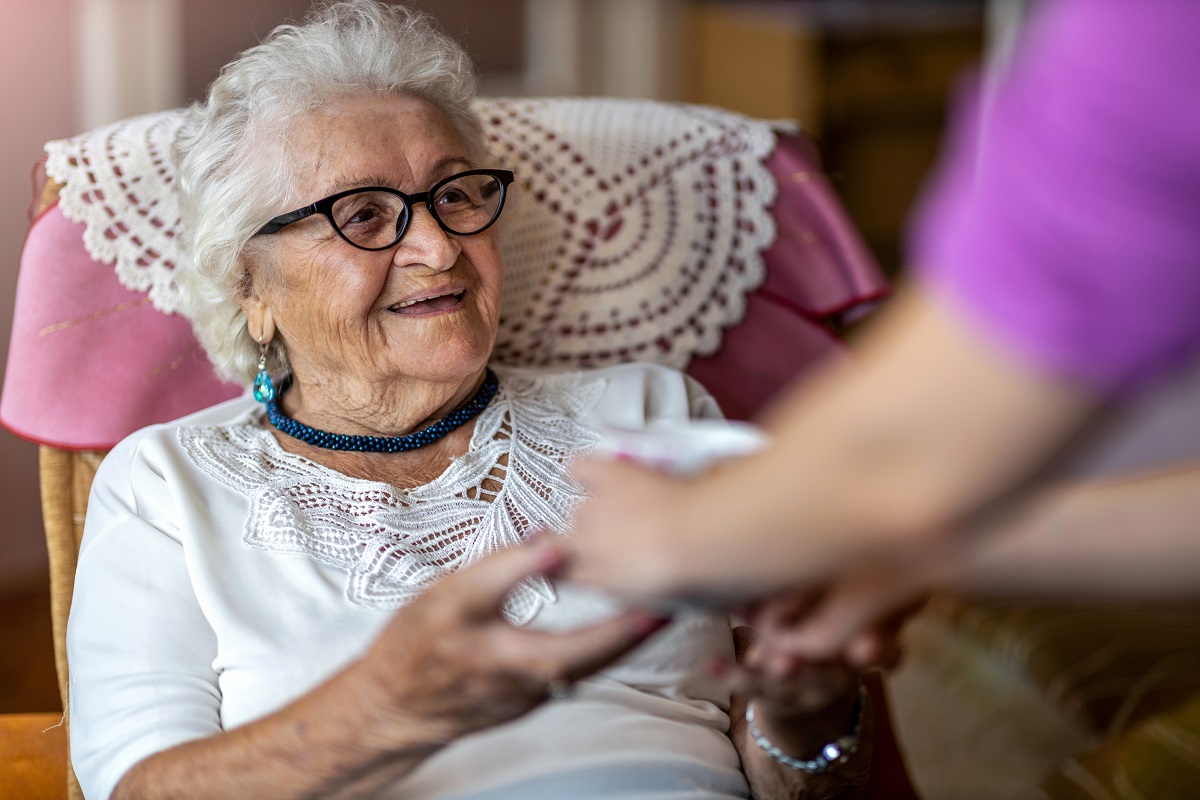Lisa Genova, neuroscientist and author of Still Alice, shares some inspiring insights into Alzheimer’s and explains what you can do to prevent the disease
You may have a family history of Alzheimer’s and you may already have noticed that your memory isn’t what it used to be. But that doesn’t mean you’re already on an inevitable path towards developing the condition.
This positive and refreshing message comes from the internationally respected scientist and critically acclaimed author Lisa Genova in a fascinating new TED Talk in which she discusses the latest scientific research and explains what we can all do to build an Alzheimer’s-resistant brain, whatever our age or circumstances.
‘For most of us, our DNA alone does not determine whether we get Alzheimer’s,’ says Lisa. In other words, Alzheimer’s doesn’t have to be your brain’s destiny.
Controlling the amount of amyloid plaques in the brain (which are commonly associated with Alzheimer’s) is, she explains, the best way to protect yourself from the disease. Whilst drug treatments designed to prevent or eliminate the plaques have so far failed, there are ways to limit their growth yourself. ‘It turns out that the way we live can influence the accumulation of amyloid plaques,’ she says. ‘And so there are things we can do.’
Lisa’s 4 step plan to protect your brain
1. Get more sleep
Why: A single night of sleep deprivation leads to an increase in amyloid beta, which creates amyloid plaques. So a deep sleep is like a power cleanse for the brain.
2. Take more exercise
Why: Aerobic exercise has been shown in many studies to decrease amyloid beta in animal models of the disease
3. Eat a heart-healthy breakfast
Why: High blood pressure, diabetes, obesity, smoking and high cholesterol have all been shown to increase our risks of developing Alzheimer’s. Some autopsy studies have shown that as many as 80 per cent of people with Alzheimer’s also had cardiovascular disease.
4. Learn something new
Why: People who engage regularly in mentally stimulating activities have more cognitive reserve, making them more resilient to brain shrinkage and damage. In fact, studies reveal that even if their brains do develop all the distinctive characteristics of Alzheimer’s they may still show no signs or symptoms of having the disease whilst alive (the results will only show up in a brain autopsy after death).
Warning: Increasing your mental stimulation doesn’t mean doing a crossword puzzle, Lisa warns. ‘Building an Alzheimer’s resistant brain means learning to speak Italian, meeting new friends, reading a book or listening to a great TED Talk.’
Watch her full TED talk below
SHARE
Explore more




